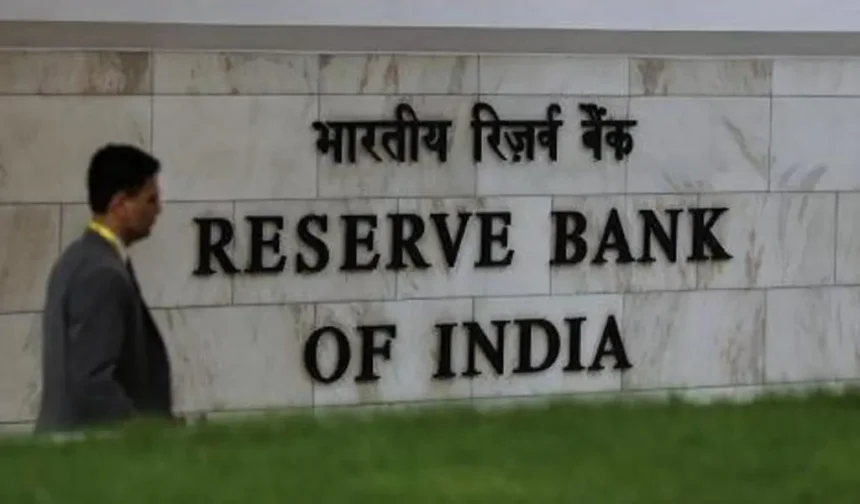The Reserve Bank of India has cut interest rates for the first time in almost five years to tackle the slowdown in the growth of Asia’s third-largest economy.
Per the predictions of numerous economists, the Reserve Bank of India (RBI) decreased its repurchase rate from 6.5% to 6.25%.
The repo rate is the rate the central bank lends to commercial banks.
The most recent reduction occurs when India’s GDP growth is anticipated to decline to a four-year low of 6.7%.
RBI governor Sanjay Malhotra stated that the bank was maintaining a “neutral” policy stance, which would provide additional room to support development and potentially result in additional rate cuts.
The world’s fastest-growing main economy has experienced a decline in urban consumption and investment growth. Corporate profits have also decreased in the initial half of this fiscal year.
Mr Malhotra emphasized that rising rural demand, lower inflation, and robust agricultural production would enhance growth.
The rate reduction may result in slightly lower mortgage and credit card interest rates and reduced borrowing costs for businesses.
The central bank lowered rates following announced measures, including an $18 billion (£14.48 billion) infusion into the local financial system to ease the economic cash shortage.
Inflation and Rural Demand Offer Hope for India’s Economic Growth
In December, the cash reserve ratio was reduced by half a per cent, reflecting the share of reserves that commercial banks must maintain with the RBI.
The Reserve Bank of India‘s rate change aligns with the Union Budget’s $12 billion tax cut for struggling middle-class families.
Nonetheless, Mr. Modi’s government remains focused on decreasing the budget deficit through spending cuts. Forecasts suggest that the central bank may lower rates by 0.5%–1% to facilitate growth, especially given the constraints on fiscal stimulus.
Still, the RBI’s mission has become more challenging due to global uncertainties, such as a falling currency, foreign investor fund outflows, and the possibility of declining rates.
Due to substantial outflows of foreign investors from the stock market in recent months, the Indian rupee is currently trading at or near record lows.

Salman Ahmad is known for his significant contributions to esteemed publications like the Times of India and the Express Tribune. Salman has carved a niche as a freelance journalist, combining thorough research with engaging reporting.














